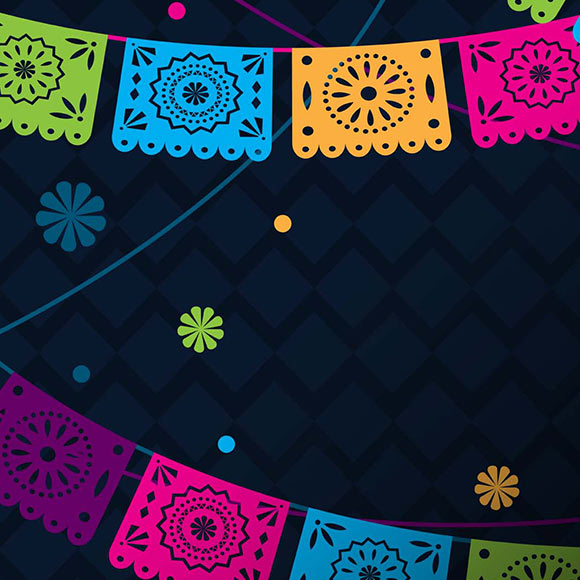Coastline College is dedicated to welcoming and supporting Latinx/Chicanx students as they navigate their way through college.
Latinx / Hispanic Resources
Para ver la página en español: diríjase al menú principal, haga clic en "Translate this page" y elija "Spanish" de la lista.
Mission & Goals
Our mission is to provide a learning environment that is inclusive of the history, culture, and education of our Latinx students, staff, and faculty.
Here at Coastline College we aim to:
- Provide a space for Latinx/Hispanic students to feel included and create a community.
- Build support programs with families and parents to assist with retention, persistence, and completion.
- Expand educational opportunities to assist students reach their academic and personal goals.
"Every moment is an organizing opportunity, every person a potential activist, every minute a chance to change the world." -Dolores Huerta
Events
View Coastline's Latinx Heritage Month Events
Upcoming Events: View the Student Calendar
Connect with Us
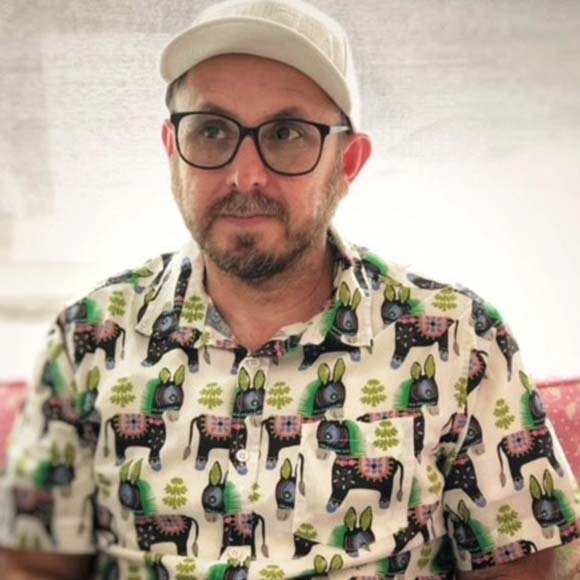
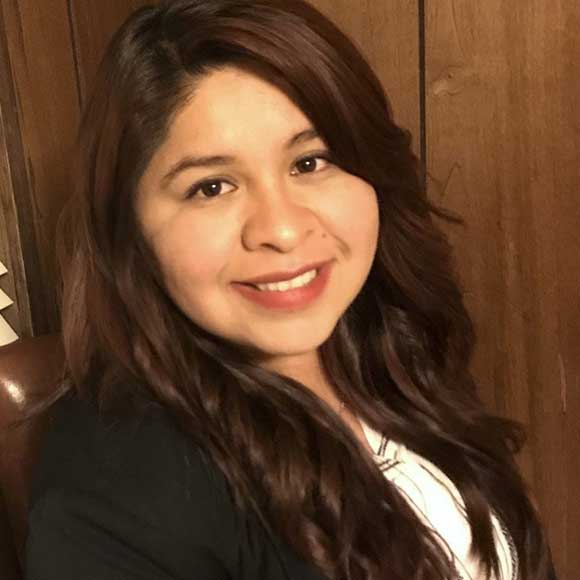
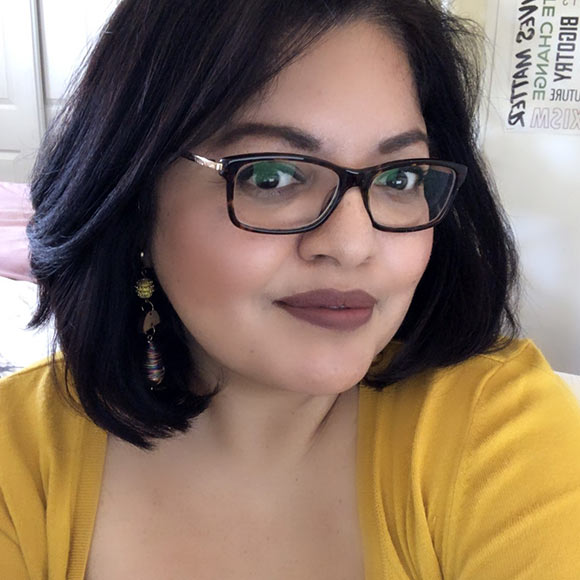
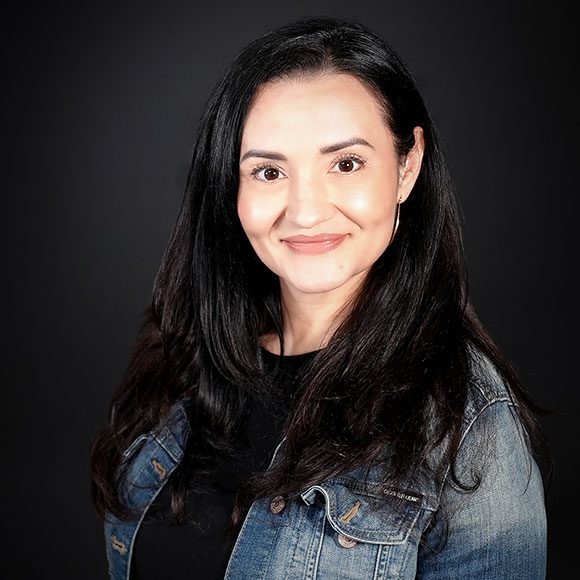
Hollywood needs to stop resisting what the world actually looks like, says actor, director and activist America Ferrera. Tracing the contours of her career, she calls for more authentic representation of different cultures in media -- and a shift in how we tell our stories. "Presence creates possibility," she says. "Who we see thriving in the world teaches us how to see ourselves, how to think about our own value, how to dream about our futures."
Fernanda provides a first person account of identity--addressing stereotypes and assumptions, and inviting the audience to dig deeper into the Latinx experience in the United States. Fernanda addresses the role of Latinx people in shaping the culture, politics, and economy of the USA.
Fernanda was born and raised in Chicago, IL by Mexican immigrant parents, and grew up constantly surrounded by the large and diverse Hispanic and Latino community. Fernanda proudly identifies as a part of this community as a Latina, Hispanic, and Mexican American.
"We need to help students and parents cherish and preserve the ethnic and cultural diversity that nourishes and strengthens this community - and this nation." -Cesar Chavez
Terminology
What is the difference between "hispanic", "latino", and "latinx"?
The term "hispanic" refers to people who speak spanish or are descents of spanish speaking people.
The term "latino" refers to people that are descendents of those from Latin America.
The term "latinx" is a non-binary, gender neutral terms used to refer to people of Latin American origin or descent.
The term "chicano/a/x" is an American of Mexican origin or descent.
What term should be used?
Many people prefer to refer to themselves by their country of origin or heritage, but this always varies. If in doubt, ask the person how they identify themselves.
Hispanic Heritage Month
National Hispanic Heritage Month is September 15th to October 15th. Coastline aims to provide space for Latinx/Hispanic students to feel included and create community. These Hispanic Heritage Month Zoom backgrounds are a great way to celebrate or show your support.
"As you discover what strength you can draw from your community in this world from which it stands apart, look outward as well as inward. Build bridges instead of walls." -Sonia Sotomayor
Latinx Courses at Coastline College
- Donna Marques, Dept. Co-chair
- 714.546.7600
- dmarques1@coastline.edu
Latinx Advisory Committee
Javier Alcala
- Javier Alcala, Administrative Assistant II
- jalcala@coastline.edu
Fun fact: Avid Halloween lover and collector of vintage creepy things.
If there were one thing being Latinx/Chicana-o/Hispanic/etc. has taught you, what would it be?
One of the things that being a Latinx/Chicano has taught me is that the unique and rich stories and experiences have better meaning when shared with others whether it's with other Latinx people or people of our diverse communities. Sharing our stories enriches our world.
How do you celebrate your heritage?
I celebrate in everything I do: cooking, exploring my neighborhoods, supporting Latinx vendors and artists, appreciating my backyard, and most importantly celebrating and sharing with not only my immediate family but my very extensive family.
What makes you proud to be Latinx/Chicanx/Hispanic?
Being Latinx is being a part of so many unique threads of family history, experiences, struggles, and achievements. Even with the complex diversities within the Latinx community there is a sense of pride for me to be able to walk in all those worlds, outside of the Latinx umbrella, and outside of it. I find it prideful to be able to maintain my cultures even when at times it seems society causes us to step out of them.
Who is your Latinx/Chicanx/Hispanic role model?
My grandfather was an inspiration in my life. He was a campesino who occasionally came to the U.S. to work in the fields. His connection to the land and nature was something that shaped me and his humble, giving, and respectful demeanor was another inspiration I still continue to express towards others.
How has Coastline College shaped your Latinx/Chicanx/Hispanic identity? Coastline has allowed me to express my Latinx essence. I have felt comfortable sharing who I am and happily listening and appreciating the unique stories of all my extensive and diverse Coastline family.
Claudia E. Mojica
- Claudia E. Mojica, EOPS, CARE, NextUp & Umoja Counselor - Associate Professor
- cmojica1@coastline.edu
Fun fact: For as long as I can remember, music has been a motivating force in my life. One day, my high-school English teacher invited me to go listen to her son's friend's band at UCI. I knew nothing of the band, but went, because I really liked this teacher and I wanted to also check out UCI as a potential campus. Well, the band was Rage Against the Machine, and her son's friend was none other than Zach de la Rocha, lead singer of the band! I was surprised by the fact that Zach was a resident of Irvine, and by the completely new sound and lyrics of this band. To date, they are one of my favorite bands, and I hope I get to see them in concert again!
How do you celebrate your (cultural) heritage?
One of my favorite traditions is celebrating Dia de los Muertos. I have always been fascinated by cultural practices and traditions around death and grieving. Perhaps this is because one of my favorite childhood memories was my first Dia de los Muertos, in the state of Michoacan, Mexico. I remember my grandmother and great-grandmother organizing the food and beverages. We walked down to the church for an evening mass. After the mass, everyone walked to the cemetery in a festive procession with lively music and conversation. Once there, families set up candles and ofrendas for their dearly departed. I remember it getting dark, and playing with other kids who were also there, every now and then checking in with my grandmother. Now as an adult, celebrating the memories of those who have passed on, remains one of my favorite ways of honoring my heritage.
What makes you proud of being Chicana?
My most favorite source of pride is my family. I have a very large family. As a family we have done a good job of mixing our American and Mexican traditions, to create a unique experience. For example, on Thanksgiving Day, our dinner consists of the traditional roasted turkey and ham. However, we also have turkey in mole, and my mom's famous chorizo stuffing. For Christmas, the women from 5 different family branches get together to make the tamales for Christmas Eve dinner. In Mexico, Christmas is traditionally celebrated on Christmas Eve. Every year, we meet the weekend before Christmas Eve and make anywhere between 50-80 pounds of Tamales! We begin at around 6:00 AM, and usually work late into the night to finish our tamales. Everyone has a different role in the assembly of the tamales. My mother and my aunts typically cook the meat and make the mole. My job is to organize the corn husks, and make sure these are pliable so that we can easily and quickly wrap each tamal. Some years ago, I went on strike, and refused this task. Instead, I decided I would make some vegetarian tamales, because I'm not a big fan of meat. My aunts allowed me to use 5 pounds of masa for the experiment. What began as my vegetarian tamal experiment, turned into a new tradition! In the year of Covid 2020, we had a tough conversation. We lost a lot of family members to Covid that year, and we decided we were not going to get together for Christmas Eve. However, our group of tamaleras still met and made tamales. We distributed these among the various families, and while we could not be together, we were able to share one of our favorite and most traditional meals, in our own little casitas.
Sasha Montero
- Sasha Montero, Associate Professor/Chair of Sociology, Human Services and Aging Studies
- smontero@coastline.edu
Fun Facts: Before I started teaching full time at Coastline, I worked in social services for 12 years serving foster youth.
What makes you proud to be Latinx/Chicanx/Hispanic?
What makes me proud to be Latina is being able to teach my culture and traditions to my children. This includes our language, our history, our foods, our stories, our artwork and dance. I always feel proud when my children attribute their successes to our culture's history of hard work and resilience.
If there were one thing being Latinx/Chicana-o/Hispanic/etc. has taught you, what would it be?
Being Latina has taught me that family is everything. It has taught me to embrace struggle and face challenges with heart. It taught me to respect and remember my ancestors, to live with passion and to celebrate differences. Being Latina has taught me I can do anything!
Why our Children Need Role Models that Look Like Them
Research has found that 70 percent of all people feel like impostors at one time or another, especially people of color. This syndrome is mostly prevalent in communities of color -- starting with our children. If they don't see themselves being represented how can they feel they belong?




